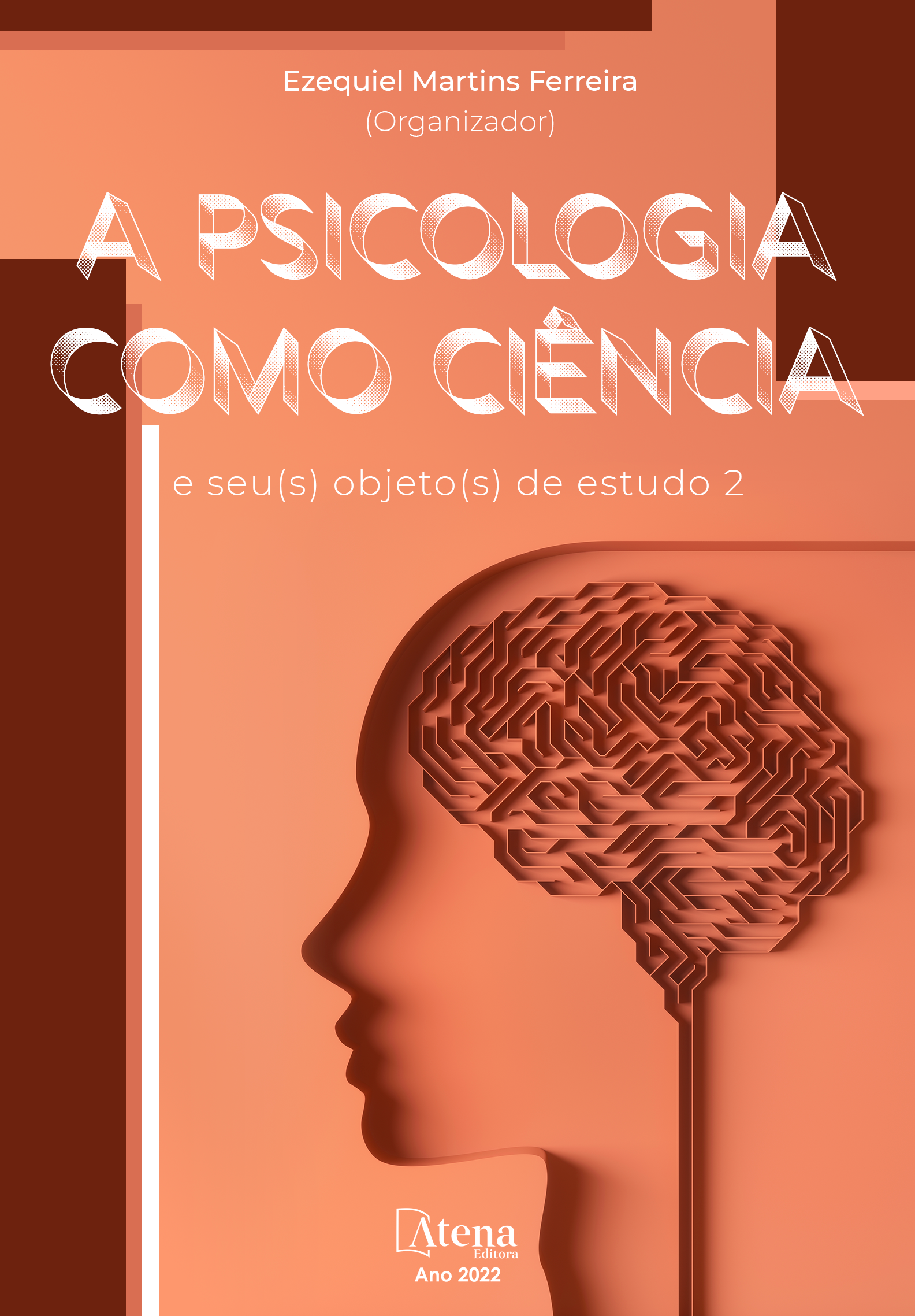
A LINGUAGEM TERNA DE SÁNDOR FERENCZI COMO RECURSO DA RELAÇÃO ENTRE LEITOR E OBRA LITERÁRIA
O presente trabalho, sob o molde de revisão de literatura científica apresenta uma formulação da relação entre o texto literário e seu leitor, relação essa, atravessada pelo conceito psicanalítico descrito por Sándor Ferenczi como confusão de línguas, no qual a linguagem da ternura, ligada a um estado mais primitivo, apresenta um caráter de autoplastia do estado psíquico, enquanto a linguagem da paixão, mais simbolicamente refinada, trabalha através de forma aloplástica, ou seja, da modificação do que é externo para a adequação pulsional do sujeito. Analisou-se como se dá a construção da confluência de línguas através da interação do sujeito com a literatura, com o objetivo de intervir na constituição sintomática em busca de uma reorganização simbólica. Diante do exposto, a investigação propõe o direcionamento à capacidade aloplástica das obras literárias em consonância com a evocação de um estado autoplástico no leitor, dando origem não mais a uma “confusão de línguas”, mas a uma “confluência de línguas”, capaz de intervir nas formações sintomáticas e (ou) traumáticas.
A LINGUAGEM TERNA DE SÁNDOR FERENCZI COMO RECURSO DA RELAÇÃO ENTRE LEITOR E OBRA LITERÁRIA
-
DOI: 10.22533/at.ed.0332217081
-
Palavras-chave: Psicanálise, Literatura, Sándor Ferenczi, Confusão de línguas.
-
Keywords: Psychoanalysis, Literature, Sándor Ferenczi, Confusion of Languages.
-
Abstract:
The present work, under the framework of a scientific literature review, presents a formulation of the relationship between the literary text and its reader, a relationship that is crossed by the psychoanalytic concept described by Sándor Ferenczi as confusion of languages, in which the language of tenderness, linked to a more primitive state, it presents a character of autoplasty of the psychic state, while the language of passion, more symbolically refined, works through an alloplastic form, that is, the modification of what is external for the subject's instinctual adequacy. It was analyzed how the construction of the confluence of languages takes place through the subject's interaction with literature, with the aim of intervening in the symptomatic constitution in search of a symbolic reorganization. Given the above, the investigation proposes to direct the alloplastic capacity of literary works in line with the evocation of a self-plastic state in the reader, giving rise no longer to a “confusion of languages”, but to a “confluence of languages”, capable of intervene in symptomatic and (or) traumatic formations.
-
Número de páginas: 12
- Soraya Souza
- Marcos de Moura Oliveira


